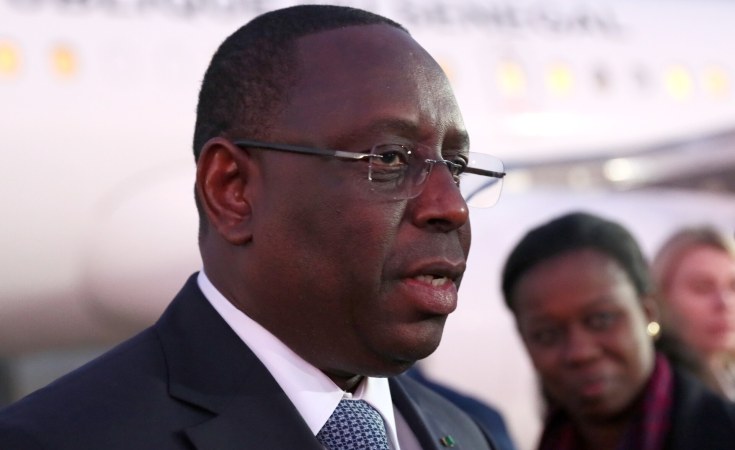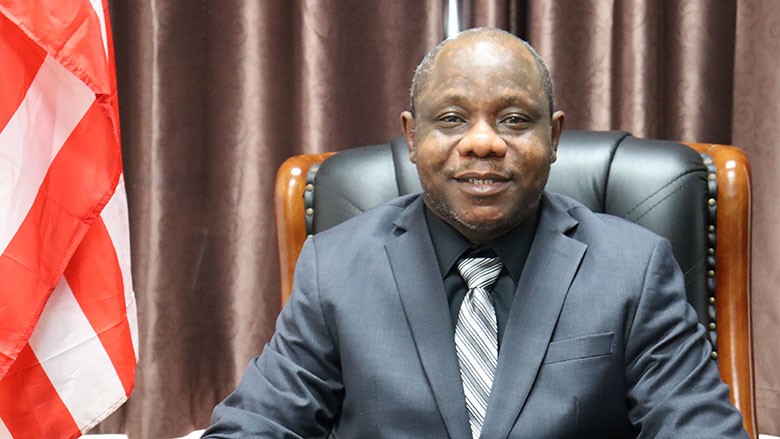The first country that comes to mind when one thinks of cocoa in Africa is Ghana, the second-largest cocoa producer in the world after the Ivory Coast.
It is estimated to have an annual cocoa production of over 800,000 metric tonnes, generating around 30 per cent of the country’s Gross Domestic Product, GDP.
Cocoa production dominates the agricultural sector of Ghana and contributes about 30 per cent of the export earnings of the country, with about 70% of the cocoa, the raw material for chocolate, imported by Japan coming from Ghana.
One of the main sources of the country’s employment is cocoa farming or production. This is especially true for smallholder farmers, who represent more than two-thirds of the 800,000 farmers involved in cocoa production.
Cocoa production in Ghana is said to provide over 800,000 direct jobs to 70 to 100 per cent of Farmers while indirectly creating jobs for about 3.2 million people in the economy’s commerce, service, and industrial sectors.
This cocoa farming and production process, i.e. the whole supply chain, from harvest to market and export, is overseen by a national authority, the Ghana Cocoa Board (COCOBOD).
The COCOBOD is the only body entitled to grant private companies licenses to buy cocoa from farmers at a fixed price in Ghana and then export it.
Though Cocoa production is flourishing in Ghana, there are some challenges facing the stakeholders, especially the farmers, which must be addressed if the country intends to remain a notable cocoa producer.
Some of the challenges have been identified to be;
Poverty and inadequate living conditions of the farmers, child labour, deforestation and loss of biodiversity, lack of access to finance, and insufficient infrastructure.
Another major problem identified is rural-urban migration. In recent times, youngsters in the country are reluctant to take on cocoa-producing employment in big cities that inarguably hold more attractions.
A middle-aged cocoa farmer identified as Osas has given the reason for the above rejection to be that it is because Farmers spend more than they earn in their cocoa-growing activities. And this is seen as a discouragement for the young people.
Currently, it is difficult to see a young cocoa farmer in Ghana; now, the average cocoa farmer is about 50 years old.
Cocoa price is highly exposed to global fluctuations, which have enormous repercussions for farmers. For example, After the COVID-19 pandemic, with the October 2020 cocoa price of 13 per cent being lower than in October 2019, huge losses accrued for smallholder farmers. Therefore, it is no coincidence that poverty has increased among Ghanaian farmers.
Excessive exposure to global price fluctuations impoverishes farmers and makes it harder to invest in alternative, more sustainable agricultural practices, including labelling or certification schemes.
The amount of sustainable cocoa sourced in Ghana has undoubtedly increased over the past years. However, industry or government still has no concerted effort to alleviate the burden of unfair prices paid to farmers. Securing a living income is crucial to lift them out of poverty and facilitate a switch to more sustainable production techniques.
To further ensure improvement in Cocoa production, one decision the Ghanian government has taken is to take the eradication of child labour seriously.
It is also doing its best to improve social and environmental conditions in the cocoa-growing areas or regions.
It is no longer hidden that most cocoa producers live in extreme poverty. If the Ghanian government could empower these cocoa farmers, there would be an improvement in cocoa production.
Increased production and revenue are key to community development in Ghana’s cocoa-growing regions.
Ghana’s cocoa challenge has become a cause of poverty and environmental problems, leading to significant deforestation of primary forests, degradation of soil, water scarcity, unpredictability in rainfall, and crop failures.
Therefore, there is a need for the government to support local authorities in investing in cocoa agroforestry and help farmers to grow cocoa under forest cover in association with local forest and fruit trees.
Also, funds should be allocated to boost organic farming, improve rural infrastructure, and launch reforestation programmes in illegally deforested areas.
Sustaining cocoa production in Ghana requires a more substantial fight against human rights violations, addressing their root causes, such as structural poverty, lack of schools and other basic infrastructure.
Through due diligence regulations, the country should also promote legislation that includes biodiversity and human rights protection principles.


